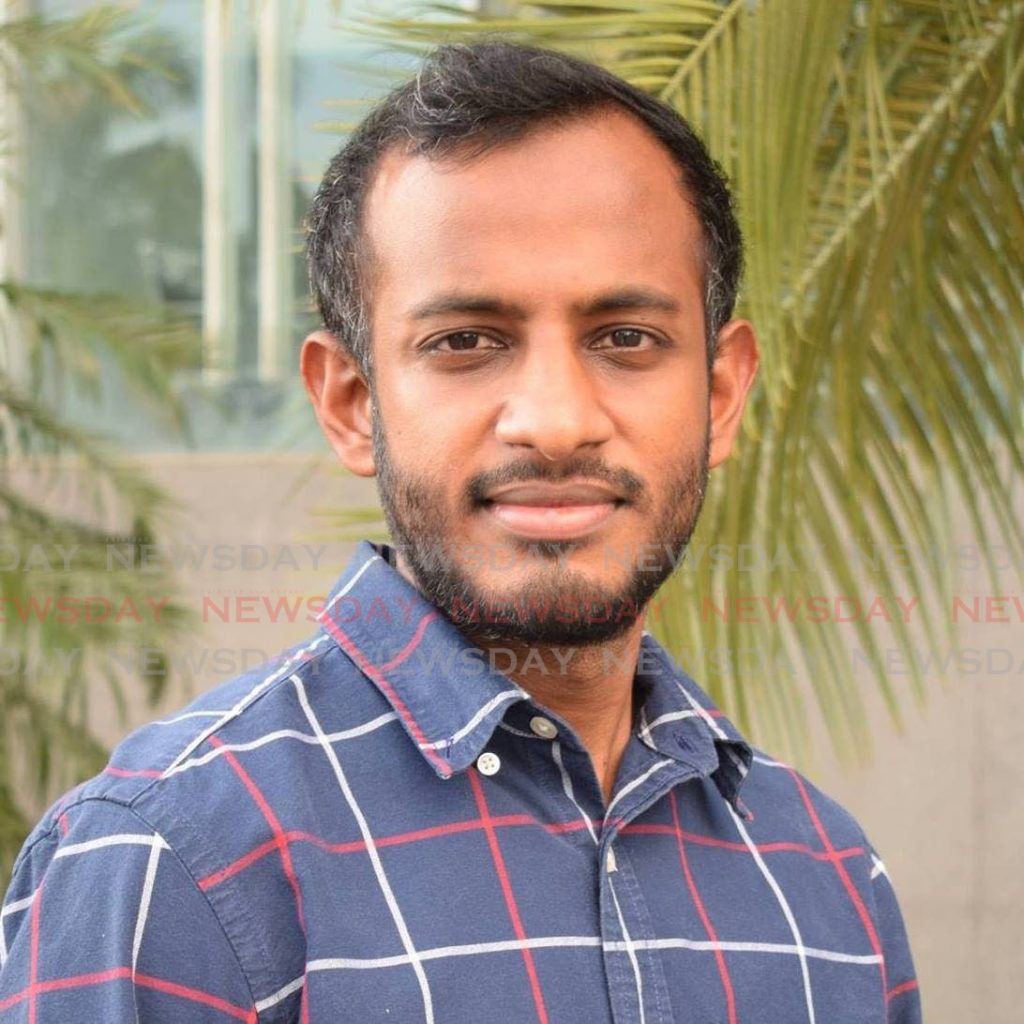Tales of TT's parallel health systems

TAUREEF MOHAMMED
“THE one place we did not want to be is that when someone goes to the healthcare system, the system could not deliver.” So said the Prime Minister at a press conference last Saturday as he reflected on the covid19 lockdown, pleased that the country had done well so far.
Covid19 aside, however, that ominous “place” he mentioned is the reality for some who access the public healthcare system. Let me tell you a tale of two patients.
Mr X from Belmont suffers a heart attack. He has a type of heart attack called a ST elevation myocardial infarction (STEMI). This type of heart attack is best treated with emergency angioplasty, a procedure done in a catheterisation lab, where an interventional cardiologist threads a narrow tube through a blood vessel up to the heart, and breaks up the clot that caused the heart attack.
The ambulance picks up Mr X and takes him to Port of Spain General Hospital. There is no “cath lab” at PoSGH, so Mr X gets the second-best treatment: a medication to dissolve the clot. There are two cath labs near Belmont, but they are both privately owned. Mr X, a taxi driver, simply cannot afford it.
On the same day, Mr Y from Westmoorings has the same type of heart attack. He is whisked away to a nearby posh private hospital where a savvy interventional cardiologist clears the clot within hours. Within a week Mr Y is back home, preparing for cardiac rehabilitation. He is a changed man.
Meanwhile Mr X, his heart attack sub-optimally treated, goes back to drive his taxi while he waits for an appointment at the cath lab at EWMSC. His clock is ticking. In the end, not surprisingly, Mr X is more likely to die from heart disease than Mr Y.
I have lost count how many X and Y stories I witnessed during my short time working in healthcare in TT. They never bothered me much until I came to Canada.
Incidentally, my first experience in the Canadian healthcare system was in cardiology. A person with STEMI went straight to the nearest cath lab – no questions asked. The government covered the bill as long as the patient had a national health insurance card.
Canada has a national health insurance system whereby every citizen contributes to a pool of funds that is used to pay the bills of the sick and dying. The key is everyone contributes. The model ensures that every Canadian – from the homeless man on the street to the prime minister – has access to the best healthcare available regardless of his/her socio-economic status, a concept known as universal health coverage.
This does not mean Canada’s system is perfect. No country in the world can claim a perfect healthcare system – it seems healthcare is just too messy. But although imperfect, a healthcare system can reflect a nation’s values. In 1961, as the premier of Saskatchewan, Tommy Douglas, a Scottish immigrant from a working-class family, made the case for universal health coverage:
“When we’re talking about medical care we’re talking about our sense of values. Do we think human life is important? Do we think that the best medical care which is available is something to which people are entitled by virtue of belonging to a civilised community?”
In 2004, for his leading role in establishing universal health coverage in Canada, Douglas was voted the greatest Canadian ever in a CBC television series. He beat prime ministers, sport personalities, and even Frederick Banting, who co-discovered insulin.
As a country, our response to covid19 has so far demonstrated that we value human life. We have been diligent in implementing WHO policies, adamant in adhering to science, and shown determination in saving as many lives as possible. Beyond covid19, however, I am afraid the same cannot be said.
We have two healthcare systems, one for the wealthy, and another – plagued by politics, PR gimmickry, nepotism, and inefficiency – for the poor and socially disadvantaged. Healthcare reform – changing the way healthcare is funded and delivered – is needed to bring those two healthcare systems together.Until then we cannot claim that we value every human life in TT.
Taureef Mohammed is a graduate of the University of the West Indies and an internal medicine resident at Western University, Canada.


Comments
"Tales of TT’s parallel health systems"